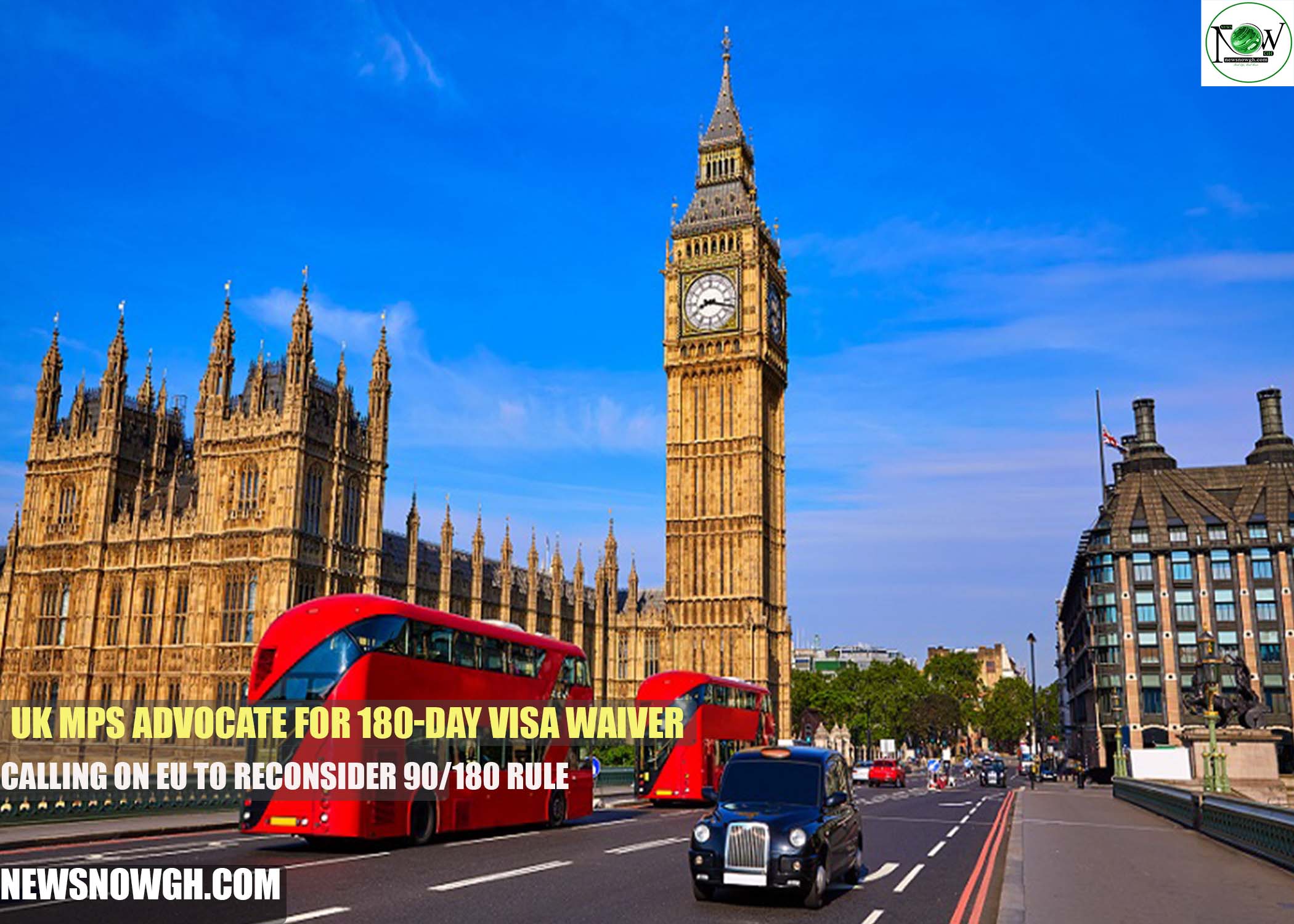UK MPs Advocate for 180-Day Visa Waiver, Calling on EU to Reconsider 90/180 Rule
UK lawmakers are urging a review of the European Union’s 90/180-day rule, which limits British nationals’ stays in Europe. With mounting concerns from second-home owners and businesses, MPs advocate for a six-month visa waiver.
Understanding the 90/180-Day Rule
The 90/180-day rule restricts third-country nationals, including UK citizens, to a maximum of 90 days within the Schengen Area in any 180 days. This regulation has posed challenges for those with second homes, business interests, and extended family in the EU.
Why the Rule Faces Scrutiny
Currently, third-country nationals must leave the Schengen Area after 90 days. They cannot return until their allotted days reset. This restriction affects frequent travelers, second-home owners, and businesses that depend on extended stays in Europe.
In contrast, the UK allows EU nationals to stay for up to six months without a visa. This discrepancy has fueled frustration among Britons, prompting MPs to advocate for a more reciprocal arrangement with the EU.
Advocating for a Six-Month Visa Waiver
A coalition advocating for mobility rights is urging MPs to discuss this issue with the Prime Minister and key ministers. They propose a 180-day visa waiver, enabling British nationals to stay in the EU for six consecutive months without additional documentation.
Impact on UK Businesses and Workers
The 90/180-day rule creates obstacles for UK businesses, particularly in the logistics sector. The Road Haulage Association has highlighted difficulties faced by British lorry drivers who frequently travel to the EU. Business groups argue that a more flexible mobility framework would enhance trade operations and facilitate workforce mobility.
Will the EU Revise the 90/180-Day Rule?
The EU has not yet indicated any plans to change the rule. However, increasing political and business pressure from the UK may prompt negotiations. A review of the rule could improve UK-EU relations post-Brexit and provide British nationals with greater travel flexibility.
For now, British travelers must plan their trips carefully to avoid overstaying. Violating the 90/180-day rule can lead to fines, entry bans, or other penalties. Travelers needing longer stays should consider visa options, such as long-stay visas offered by individual EU countries.
Conclusion
The push for a review of the 90/180-day rule underscores the ongoing challenges of post-Brexit travel restrictions. While the UK seeks greater flexibility, British travelers must stay informed about current regulations to ensure compliance. Whether the EU will agree to a six-month visa waiver remains uncertain, but the discussion is far from over.
Follow us on NewsNowGh.com to stay updated on the latest information regarding work permits, visas, and visa-sponsored employment.


